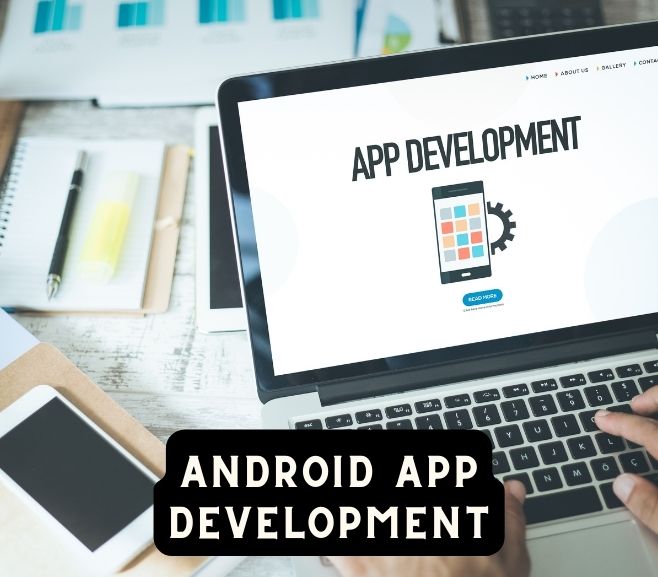Are you interested in building an Android app but don’t know where to start? You’ve come to the right place! This complete guide to Android app development will take you through the steps you need to follow to create your own app, from ideation to publishing it on the Google Play Store.
Introduction to Android app development
Android is the most popular mobile operating system, with over 2 billion active devices worldwide. Developing an Android app can be a great way to reach a large audience and generate revenue.
Planning your app
Before you start coding your app, you need to have a clear idea of what you want it to do. Identify your target audience, and think about what problems your app will solve for them. Create a wireframe or a prototype to visualize the user interface and user experience of your app.
Designing the user interface
The user interface is a crucial aspect of any app. A well-designed user interface can make or break the success of your app. Make sure your app has an intuitive layout, easy-to-use navigation, and visually appealing graphics.
Understanding the Android operating system
To develop an Android app, you need to have a basic understanding of the Android operating system. This includes the Android architecture, the application components, and the application lifecycle.
Choosing a programming language
Android app development can be done using various programming languages, including Java, Kotlin, and C++. Java is the most popular language for Android app development, but Kotlin is gaining popularity due to its concise syntax and enhanced readability.
Writing your first Android app
To write your first Android app, you’ll need an integrated development environment (IDE) such as Android Studio. Follow the step-by-step guide provided by the IDE to create your first app.
Adding functionality to your app
Once you’ve created your first app, you can start adding functionality to it. This includes integrating APIs, adding multimedia features, and implementing various sensors and hardware components.
Testing your app
Before publishing your app on the Google Play Store, you need to thoroughly test it to ensure it is stable and bug-free. Use tools such as Android Debug Bridge (ADB) and Android Emulator to test your app on different devices and operating system versions.
Publishing your app on the Google Play Store
Publishing your app on the Google Play Store is a straightforward process. Create a Google Play Console account, upload your app, and fill in the required information such as app name, description, and screenshots.
Tips for promoting your app
Promoting your app is essential to ensure its success. Use social media, app review websites, and app store optimization (ASO) techniques to increase your app’s visibility and downloads.
Common mistakes to avoid in Android app development
Avoiding common mistakes in Android app development can save you a lot of time and money. These mistakes include not optimizing your app for different screen sizes, not following Android design guidelines, and not testing your app on real devices.
Future trends in Android app development
The future of Android app development is exciting, with many new technologies and trends emerging. Some of the trends to watch out for include augmented reality (AR) and virtual reality (VR) integration, artificial intelligence (AI) and machine learning (ML), and the Internet of Things (IoT) integration.
Conclusion
Developing an Android app can be a rewarding experience, both personally and professionally. With the right planning, design, and execution, you can create a successful app that meets the needs of your target audience. Remember to follow the best practices of Android app development, and keep up-to-date with the latest trends and technologies.
FAQs
- What programming language is best for Android app development?
- Java is the most popular language for Android app development, but Kotlin is gaining popularity due to its concise syntax and enhanced readability.
- Do I need to have a Google Play Console account to publish my app on the Google Play Store?
- Yes, you need to create a Google Play Console account to publish your app on the Google Play Store.
- What are some common mistakes to avoid in Android app development?
- Common mistakes to avoid in Android app development include not optimizing your app for different screen sizes, not following Android design guidelines, and not testing your app on real devices.




